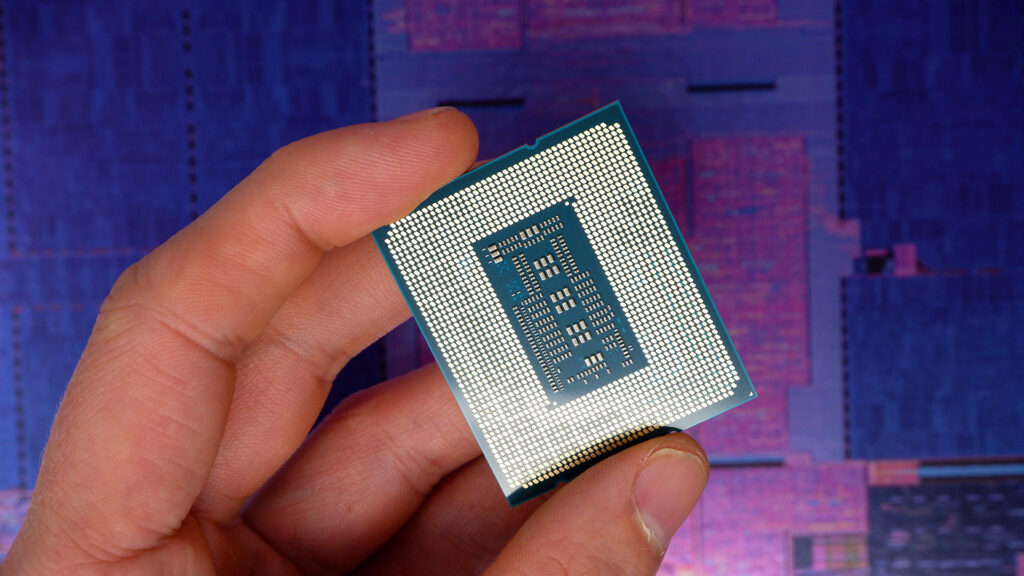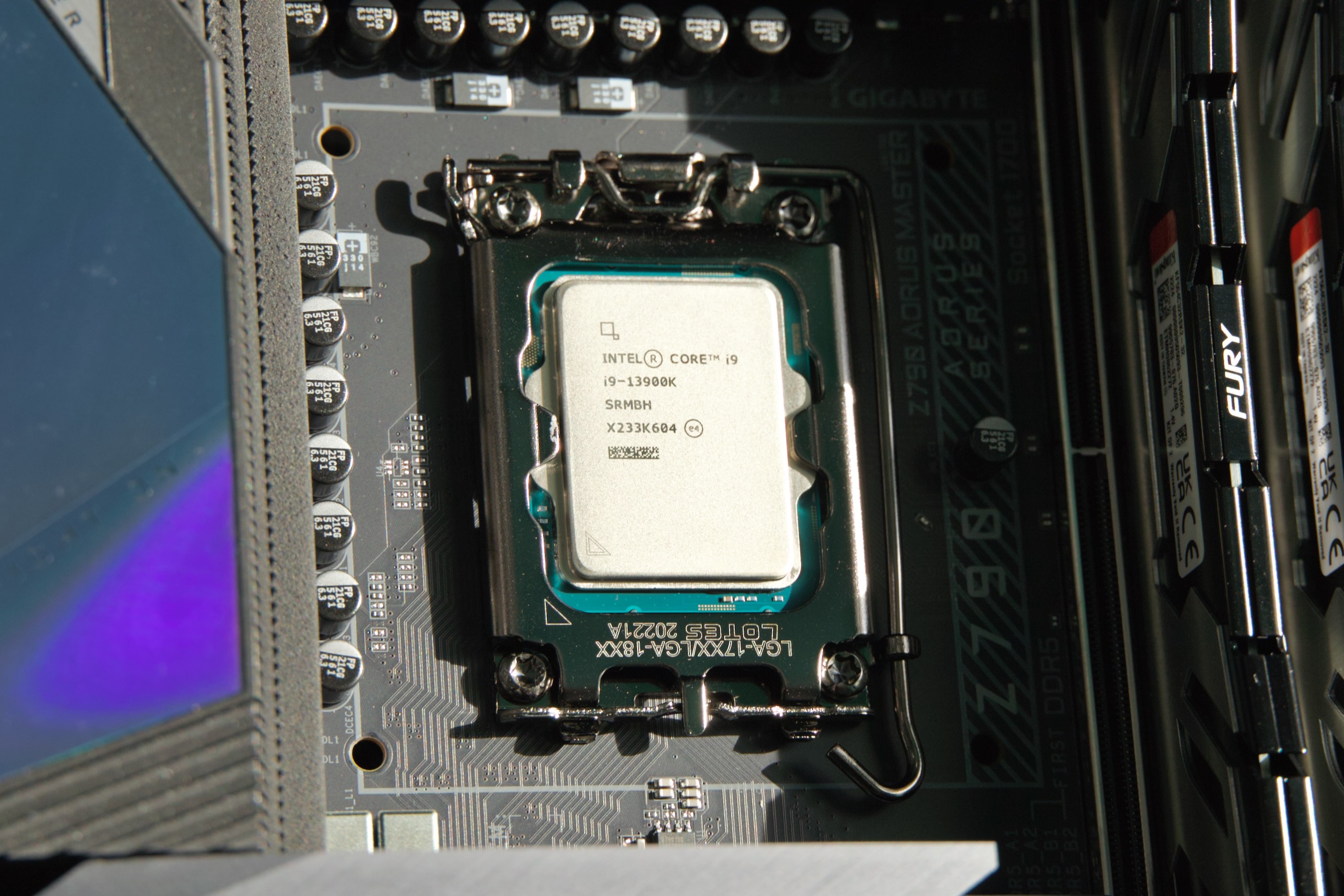
Liquid Metal Thermal Paste Risks: Intel Denies Warranty Over Corrosion
Liquid metal thermal paste, favored by overclockers for its superior thermal conductivity, can deliver impressive performance gains by replacing traditional thermal compounds with a metallic alloy. However, its potential risks have once again come under scrutiny, as Intel recently denied a warranty claim due to corrosion caused by liquid metal usage.
An investigation by HKEPC, as highlighted by Tom’s Hardware, revealed that an Intel Core i9-14900K user faced warranty rejection after their processor’s top plate was corroded by liquid metal paste, erasing the chip’s original label. This incident underscores one of liquid metal’s known pitfalls: its mildly corrosive properties. While typically safe if applied correctly, liquid metal can damage hardware and is particularly notorious for its ability to conduct electricity, posing a risk to surrounding components if mishandled.
Intel, like AMD, explicitly states that using liquid metal voids the warranty unless the material was factory-applied, such as in specific laptops or pre-built desktops. The denial of warranty claims due to liquid metal is not new, but this case stands out due to the ongoing scrutiny around Intel’s Raptor Lake processors, which have faced numerous reports of instability and crashes.
The lesson is clear: while liquid metal thermal paste offers undeniable benefits for enthusiasts pushing the limits of CPU performance, the risks of hardware damage and voided warranties should give users pause before opting for this high-performance cooling solution.




